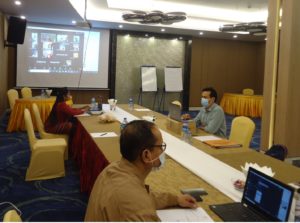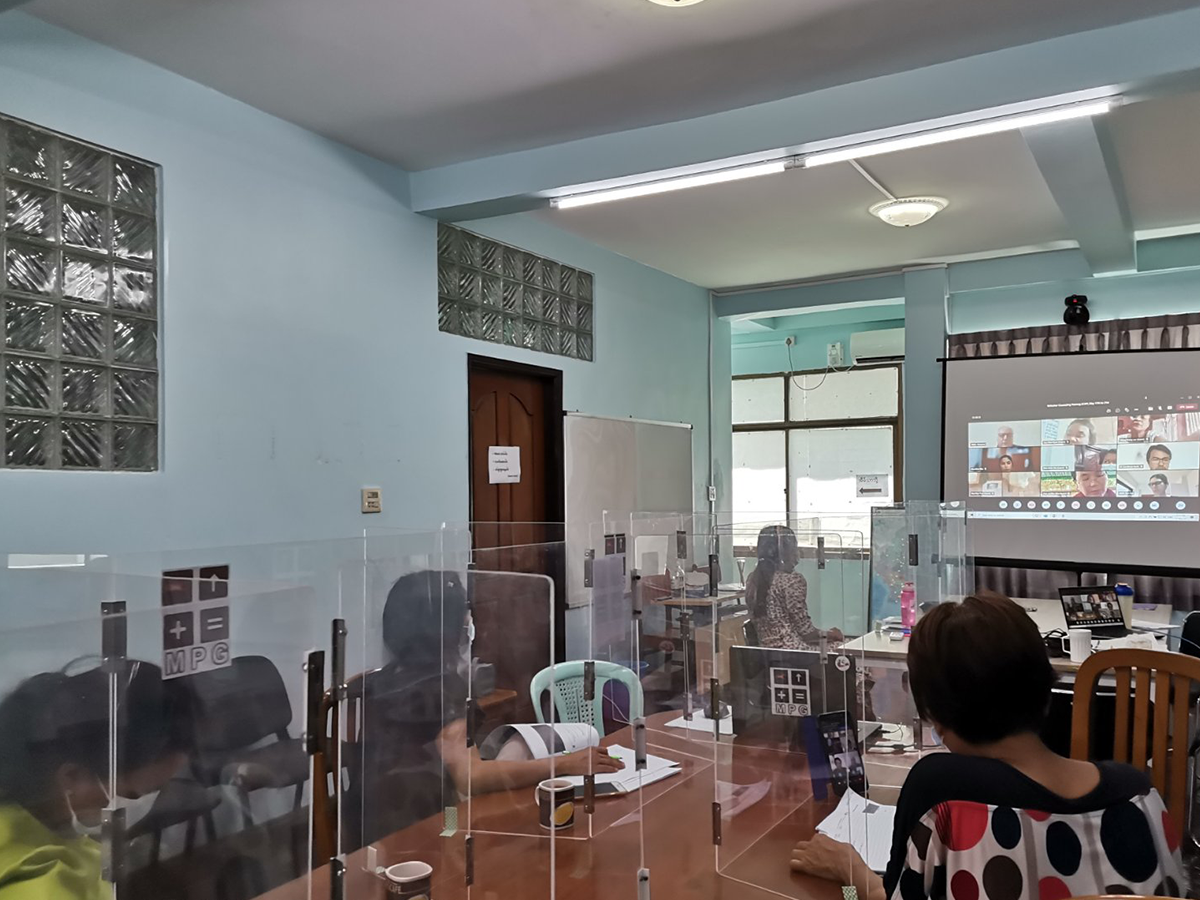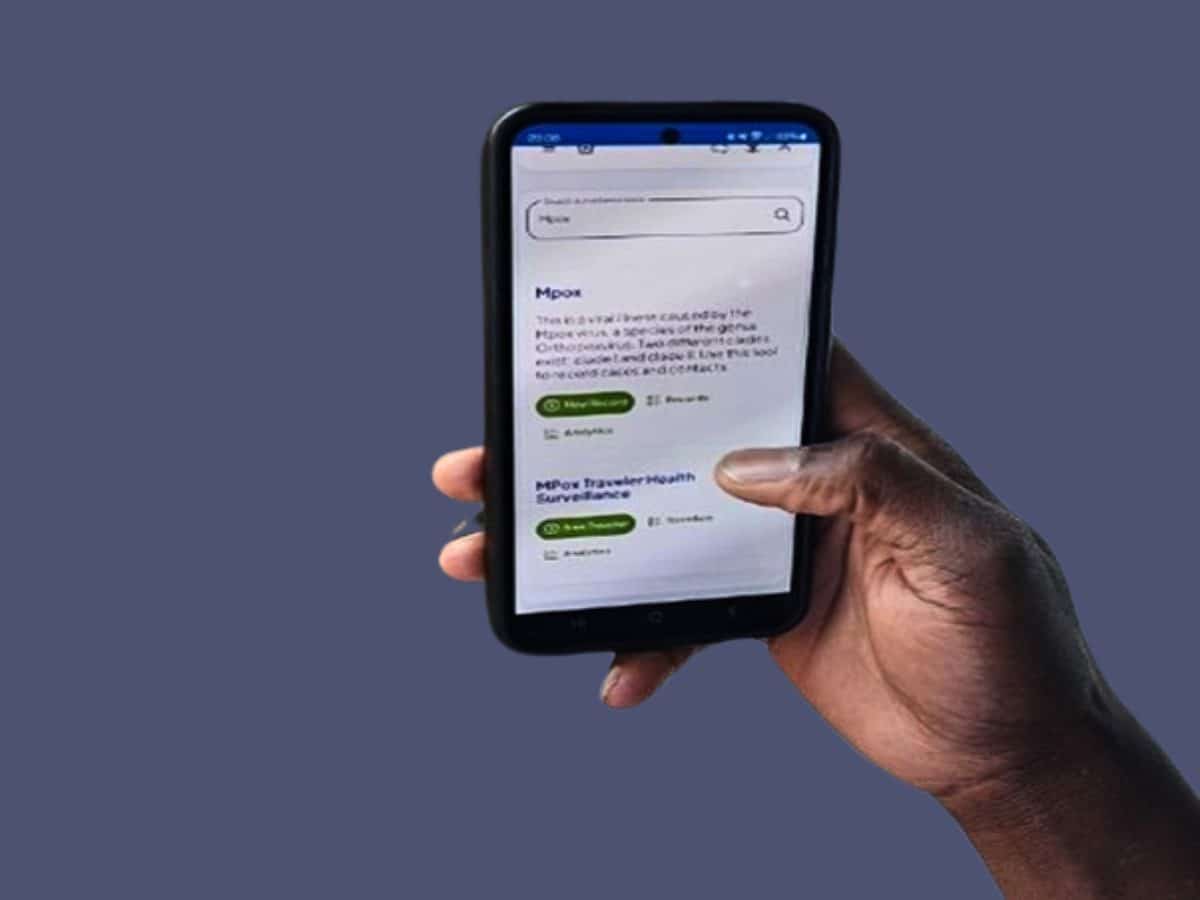As Myanmar grappled to navigate its fragile health care system through the devastations of the COVID-19 pandemic, a military takeover of government began in Myanmar on February 1, 2021, disrupting health services even more. Community-based health services – using peer support, self-help groups, and community groups as a fundamental approach in Myanmar’s national strategic plan for controlling the HIV epidemic had already halted in some areas since the COVID-19 pandemic started in March 2020. The February political crisis would predictably worsen the health outreach.
“There were fears of ART (antiretroviral) drug supply shortages, and fears that this political crisis would unravel all the efforts and work that has gone into building Myanmar’s capacity to achieve the UNAIDS 95-95-95 goals,” said Khin Nyein Chan, MD, MSc ICAP’s country director in Myanmar.
However, the strength of community-based groups and ICAP’s support in Myanmar became evident during this challenging time.
With funding from the U.S. President’s Emergency Plan for AIDS Relief through the Centers for Disease Control and Prevention, ICAP has been collaborating with the community-based organization Myanmar Positive Group (MPG) to build its capacity to deliver HIV care services.
ICAP supports MPG by facilitating training for peer supporters and innovative network meetings to support the country’s HIV/AIDS response.
During the COVID-19 pandemic, ICAP supported MPG by purchasing virtual conferencing software for community self-help groups to organize virtual network-strengthening meetings. ICAP provided training on the use of the conferencing software, which was used to maintain the momentum of community-based group activities during pandemic restrictions. MPG also conducted community review forums, where people living with HIV and key populations who are disproportionately affected by HIV can review the quality of HIV services they are receiving. Opinions from the forums are used in advocacy for better HIV services. MPG also conducted refresher training for 21 participants on tele-counseling and how to provide emotional support to peer clients, based on the ICAP-supported training curriculum on Emotional Preparedness for Crises.

“ICAP’s support on the use of videoconferencing software allowed MPG to continue implementing our work plan successfully during the COVID-19 pandemic,” said Daw Khin Mar Win, chairperson of MPG. “MPG has been able to continue providing remote counseling services to ensure patient adherence to ART and mental health support for people living with HIV in Myanmar. This virtual approach has been essential for us to achieve project goals throughout this difficult time,” she said.
Using these already established tools and the virtual platform facilitated by ICAP, Myanmar’s community group organizations quickly set up communication and coordination networks across the country rapidly to ensure uninterrupted ART supply during the coup.
“In some of Myanmar’s high HIV-burden states and regions, only 30 to 50% of public ART facilities have peer supporters. Self-help group strengthening and peer networking are vital to developing community-based services,” said Tharaphi Lin, MPH, senior technical officer for ICAP in Myanmar. “The online platform has become a sustainable, low-cost solution for regular peer networking meetings and capacity-building activities, and more importantly, a way to continue ensure HIV services particularly during the double crises in Myanmar,” Dr. Lin said.







